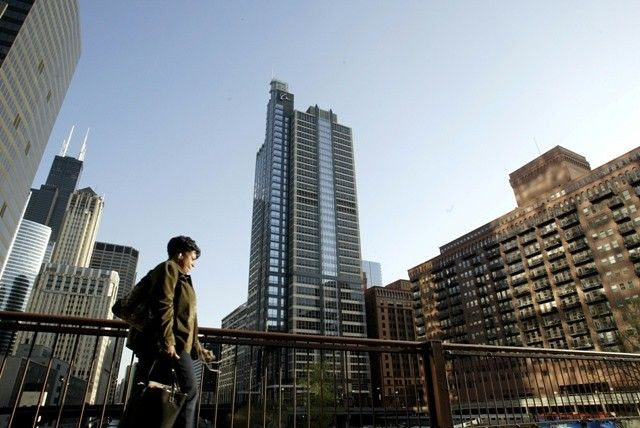Biased Assessments Have Poor Homeowners Paying Up To Quadruple The Wealthy's Tax Rate
Municipal governments across the U.S. are inadvertently creating massive tax disparities between poor and wealthy homeowners. A new study from the University of Chicago indicates poor property owners typically pay more than double the tax rate of the wealthy due to biased assessments, with some areas charging dramatically more.
Experts say there are a variety of root causes, but the mechanism is clear: home value assessors routinely rate low-income houses well above their market value and high-income houses well below.
The study, from the University of Chicago, reviewed a decade of data from real estate analysis firm CoreLogic, finding that across 26 million homes, 90% of areas showed the same pattern of taxing the wealthy significantly less. In Chicago between 2015 and 2017, the cheapest homes were taxed at 4% of market value annually while those worth $500,000 or more paid just 1.5%.
Assessors lack the rights and resources to actually assess every home taxed, so they rely on computer models and the sale prices of nearby homes. Those models alone create disparities, but the lack of specific information on houses gives wealthy families an advantage.
The home improvements and ongoing maintenance of wealthy households are seen by potential buyers or sellers but not tax assessor estimates, simultaneously undervaluing expensive home prices and driving up area assessments for less advantaged neighbors when an expensive home does sell.
Municipalities also often put a cap on the amount taxes can go up on a given property in one year, resulting in increasingly undervalued estimates when home prices surge upwards. The rich are much more likely to appeal high estimates.
Assessments lag behind market trends, and while a disparity between current flagging income and last year’s assessed price is something a wealthy homeowner can weather, for the poor, it can mean eviction.
"Assessors are supposed to do their own studies and report on assessment quality, including regressivity, regularly,” Christopher Berry, a professor at the Harris School of Public Policy who led the study, told The Washington Post. “But I am shocked at how many major jurisdictions either don’t do or don’t release these studies. Taxpayers have a right to know.”

An investigation by Bloomberg found a web of governments and businesses profiting from these evictions. Miss enough of your inflated taxes and the city seizes your house, a property it can then use to back bond sales and eventually sell at auction to landlords that buy at rock-bottom prices. Homeowners can find themselves in the same building, now dealing with a new owner charging them more in rent than they paid on their mortgage.
Some cities have even more extreme disparities than others: New York City charged poor residents triple, while St. Louis taxed the poor at four times the rate of the rich.
On top of the individual consequences, the massive transfer of tax burden from the rich onto poor communities increases stratification. Poor neighborhoods get poorer which in turn means they lose more money and are more likely to lose money next year. The inverse happens in wealthy areas, creating a kind of modern redlining reminiscent of the 1960s.
“It’s a textbook example of institutional racism,” Berry told Bloomberg. “There isn’t anybody making explicitly racial decisions to produce these outcomes. Nevertheless, they are racially disproportionate.”
© Copyright IBTimes 2025. All rights reserved.



















